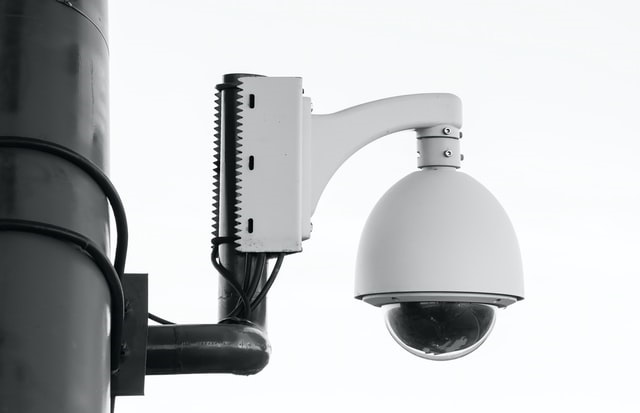
Photo: Pawel Czerwinski on Unsplash
Portland passes surveillance technology policy
02 February 2023
by Sarah Wray
Portland City Council in Oregon has unanimously passed an initial policy that aims to build trust with residents and strike a balance between the benefits and risks of surveillance technologies.
The resolution requires the creation of an inventory of surveillance technologies in use and new procurement and governance processes.
Surveillance technologies can refer to a wide range of data-gathering tools such as automatic licence plate readers, security cameras, digital payment systems, sensors, digital kiosks, social media monitoring, and more.
While Portland implemented privacy principles in 2019 and a ban on the use of facial recognition systems in 2020, it didn’t previously have an overall policy to guide the use of surveillance technologies.
City Commissioner Carmen Rubio said: “This is not about banning technology, it’s about ensuring we use technology responsibly, ethically and legally in a manner that protects us.
“I want to be clear that these issues go well beyond any one or two bureaus, it really addresses all the surveillance technology in every bureau so we have a consistency of approach.”
Creating capacity
The creation of the policy was led by the Bureau of Planning and Sustainability’s Smart City PDX team and the Office of Equity and Human Rights, and involved a series of co-creation workshops and events with community groups and partners.
The process acknowledged that “surveillance technologies have historically [had] disproportionate negative impacts against marginalised people” and that “impacted communities include Black and Brown people, those who don’t have personal devices, people living with mental health issues, people experiencing houselessness, and those participating in civic engagement activities.”
A city audit released in April 2022 found that during the 2020 Black Lives Matter protests, Portland police collected personal information and used social media without documenting any suspected criminal activity. It found that the Police Bureau had 37 different surveillance technologies but few policies and procedures to guide their use.
Audit
Working with city departments, Smart City PDX will submit an audit of surveillance technologies in use by March 2024. It will include the type of technology and its purpose, the department and any third parties responsible, and how effectiveness will be assessed.
The team will design procedures for the use and acquisition of surveillance technologies, and for implementing privacy impact assessments. They will also evaluate the staff and budget needed for an ongoing dedicated programme.
Hector Dominguez, Portland’s Open Data Coordinator, said the policy ”builds capacity and infrastructure to use data and technology in better ways”.
The policy further directs Smart City PDX to start looking at oversight of automated decision-making systems including artificial intelligence and machine learning. Dominguez said this will involve a similar approach to the work on surveillance technologies and the team is collaborating with other cities focused on this area.
The cities of San Diego and Oakland have also implemented similar surveillance technology transparency policies, and AI oversight is a growing priority for cities.







